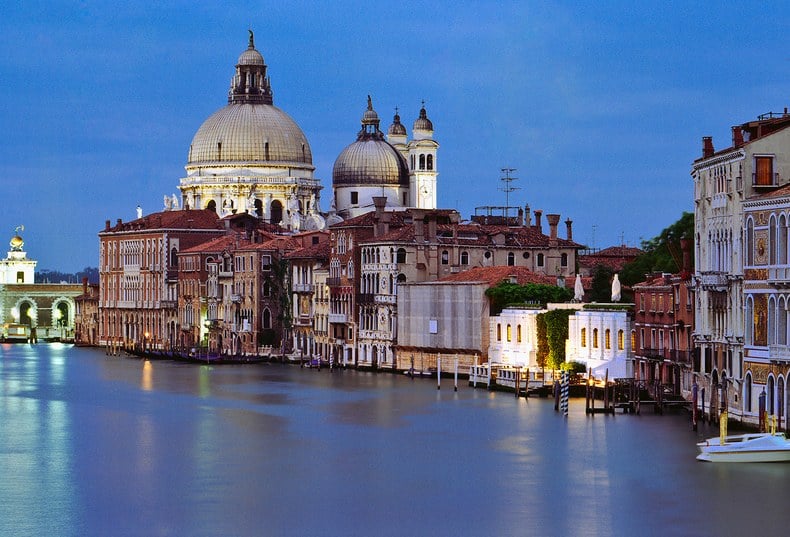Art & Exhibitions
Peggy Guggenheim’s Descendants Sue Guggenheim Foundation
Her family doesn't like how her Venetian museum is being run.

Her family doesn't like how her Venetian museum is being run.

Sarah Cascone

Seven descendants of legendary art collector Peggy Guggenheim are suing the Solomon R. Guggenheim Foundation over their management of Venice’s Peggy Guggenheim Collection, reports the New York Times.
As of last summer, a new addition to the museum’s entrance features the names of two Long Island art patrons, Rudolph B. and Hannelore B. Schulhof, affording them near-equal prominence to the museum’s founder. For her relatives, this was an affront to Peggy Guggenheim’s memory, and cause for legal action.
The suit also contends that Guggenheim’s will called for her collection of Surrealist, Cubist, and abstract postwar art to be displayed in its entirety and without additions. According to the complaint, nearly half the original works in her 326-piece collection, which features modern European and American masters including Pablo Picasso, Joan Miró, Wassily Kandinsky, and Alexander Calder, have been replaced by artwork donated by the Schulhofs, parents of museum trustee Michael P. Schulhof.
Peggy Guggenheim, who died at 81 in 1979, left her collection and her home, an 18th-century building called the Palazzo Venier dei Leoni, to the foundation, founded by her uncle, Solomon R. Guggenheim. She purchased her Venetian home in 1949, and began welcoming the public in 1951 on a seasonal basis.
The foundation, which has operated the building as a full-time museum since Guggenheim’s death, has since purchased several neighboring properties, allowing the institution to expand. Now, her descendents are looking to revoke Guggenheim’s donation, citing a 1969 letter written by the heiress to the foundation president stipulating that “the collection be kept as a whole in the palazzo,” unless the names of the other donors are taken down and their artwork removed from the premises.
Also at issue is the museum’s practice of renting its garden to donors for parties. Guggenheim and her 14 dogs are buried in one of the garden’s walls, and her family believes such events desecrate her grave. Her descendents feel that the museum has adopted a corporate strategy, as evidenced by the merchandising of the collection, of which Guggenheim would not have approved.
“They are absolutely running Peggy’s collection as a corporate enterprise,” her great-grandson, 27-year old filmmaker Sindbad Rumney, told the Times. “In her lifetime, she would open her house for free to make it accessible. She was not a merchant. She was an art lover, a patron. She did not want to be involved in commercial things.”
The foundation believes that they have acted in accordance with Guggenheim’s wishes, denying that there are any stipulations or conditions to the donation in the 1976 gift deed. None of the artworks in the collection have been sold, and some of the heiress’s family members have been known to attend the contentious garden parties. Betsy Ennis, a foundation spokesperson, told the Times that the organization’s “efforts have only honored, preserved and enhanced the memory and reputation of Peggy Guggenheim.”
In addition to the aforementioned complaints, the lawsuit also demands the museum provide financial information and revenue numbers (an annual report has not been issued since 2011). After a 1992 case, a family committee was established to keep her descendents informed about operations, but that accord has clearly deteriorated.
The Guggenheim Foundation has faced criticism on multiple fronts of late, with protests by Gulf Ultra Luxury Faction (GULF) of the museum’s Abu Dhabi expansion, and a billboard by Paul McCarthy and Mike Bouchet depicting the Guggenheim Bilbao as a battleship.
The Peggy Guggenheim case will have a hearing in Paris on May 21.